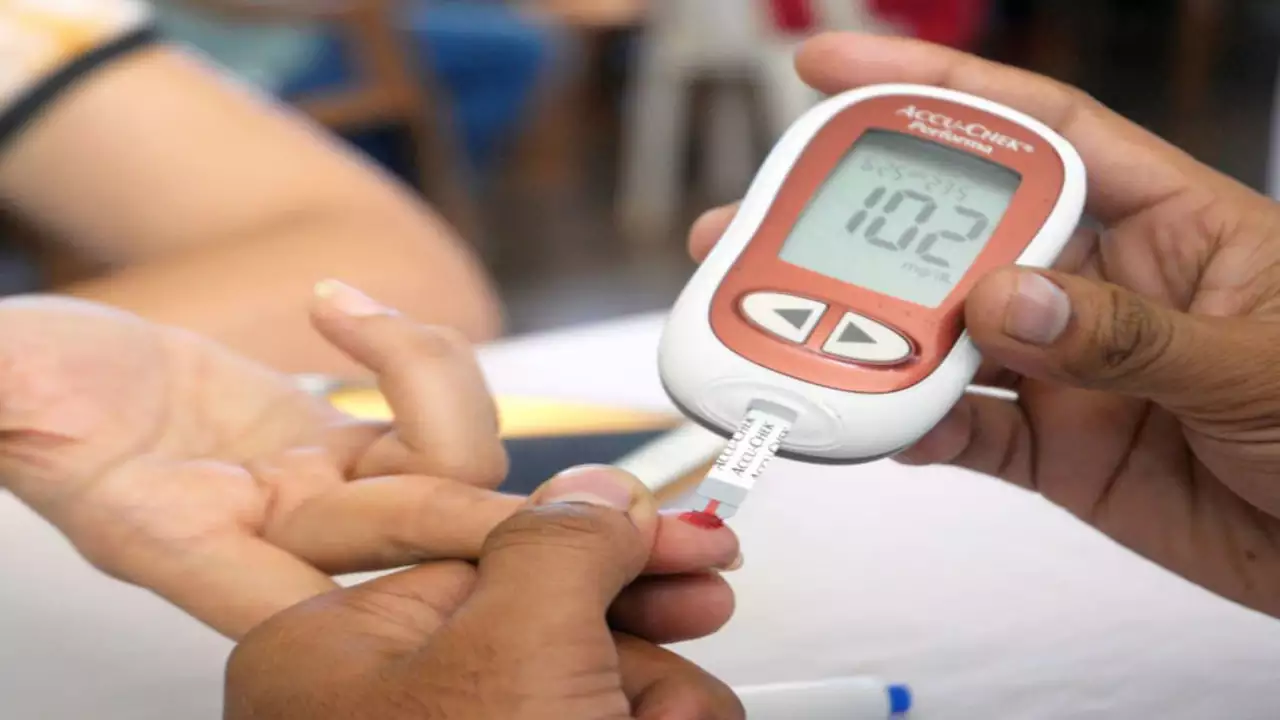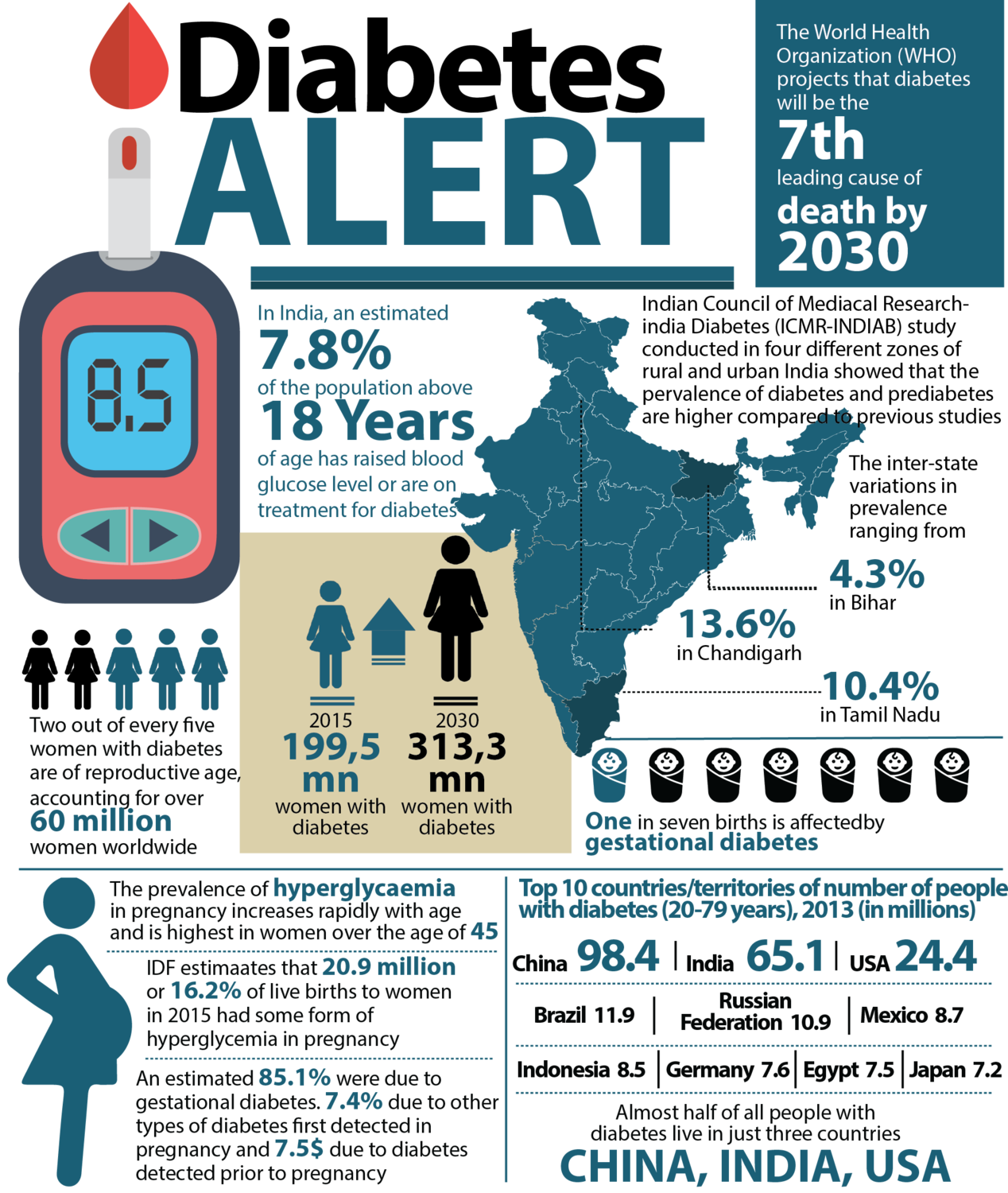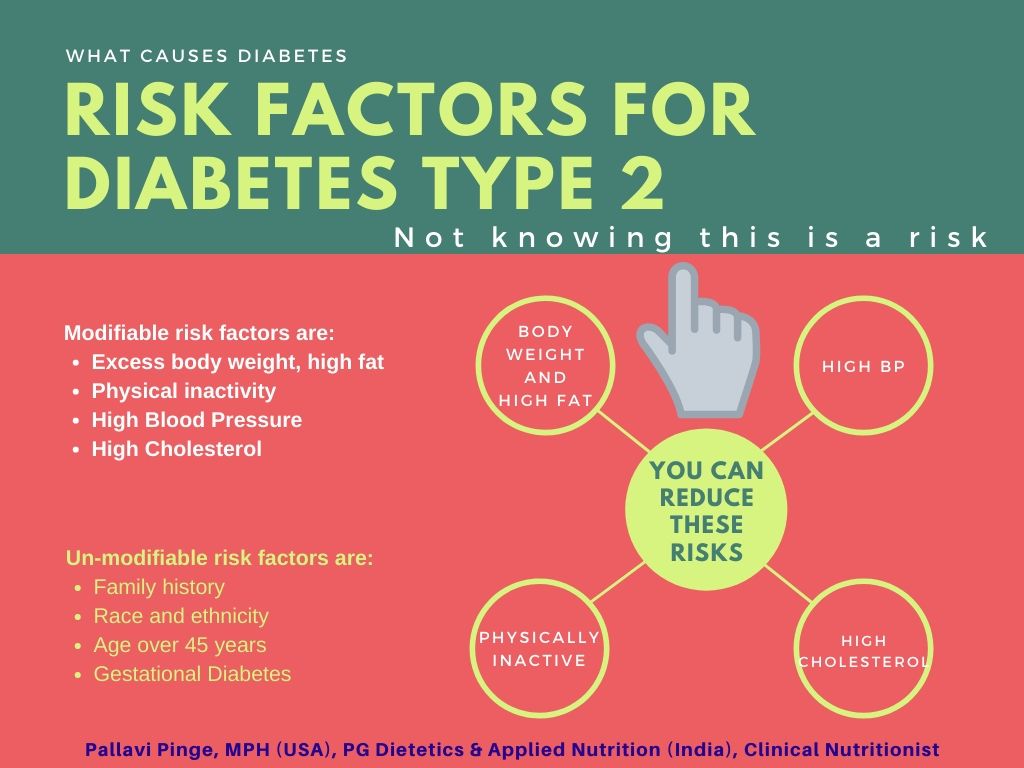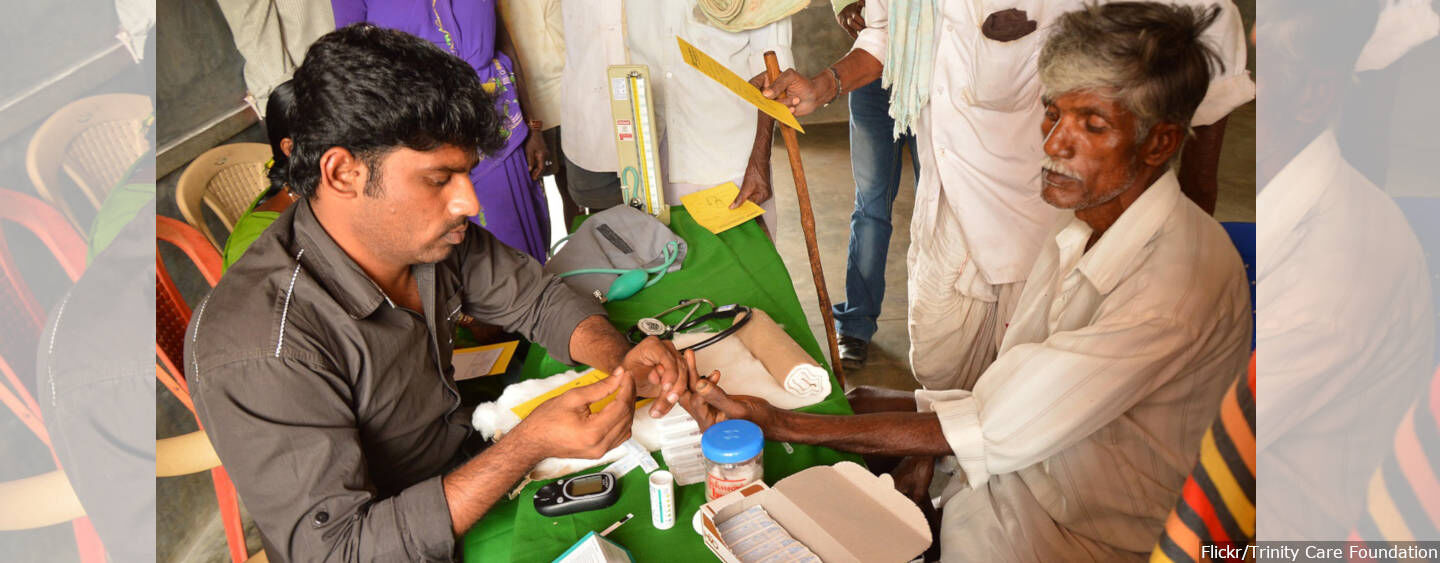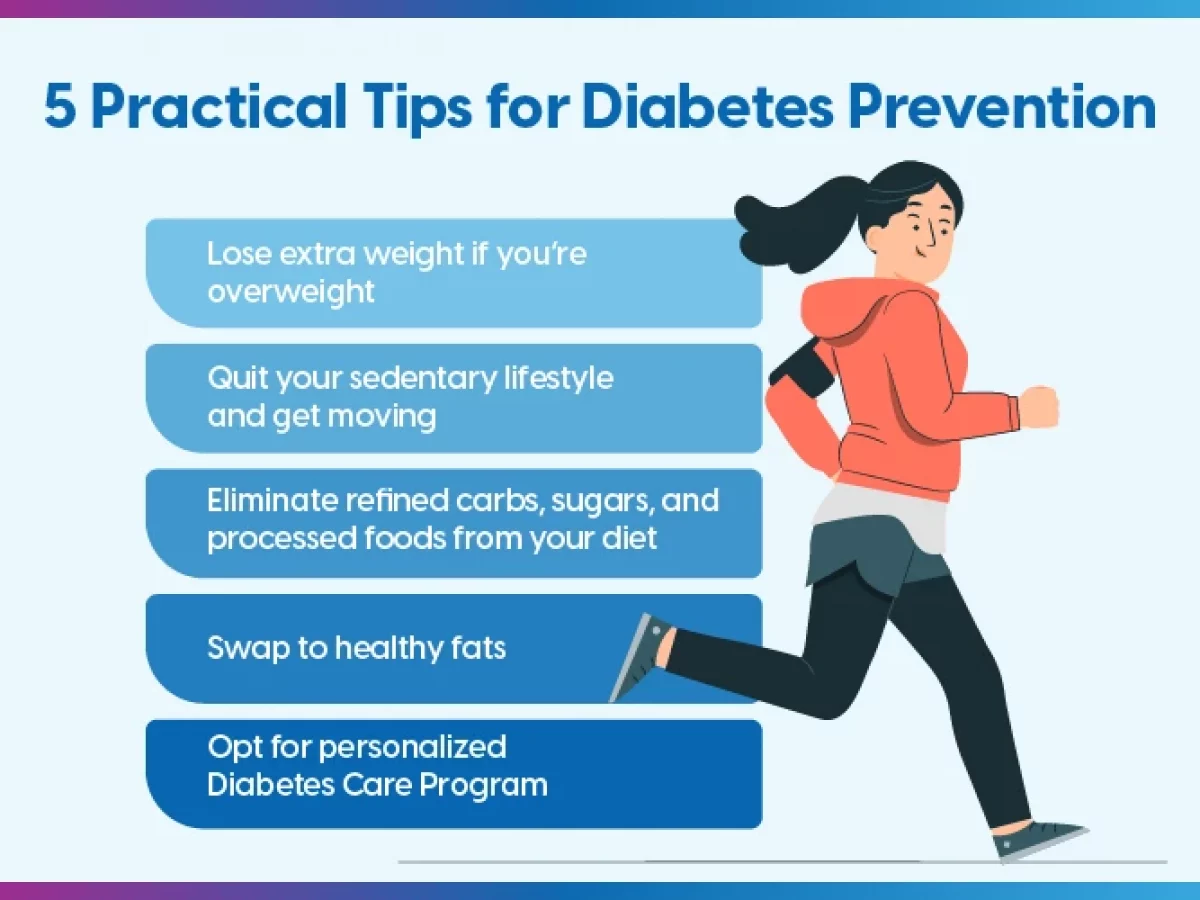
The United Indian

Diabetes, once considered a disease of the affluent West, has now firmly entrenched itself as a major health crisis in India. With an alarming surge in cases, it has become a silent epidemic, silently wreaking havoc on the health and well-being of millions of Indians. In this blog post, we will delve into the factors contributing to increased case of Diabetes in India, the devastating consequences of unchecked diabetes, and the urgent need for preventive measures and effective management strategies.
The Diabetes Dilemma: A Closer Look
Diabetes is a chronic metabolic disorder characterized by elevated blood sugar levels. It occurs when the body either doesn't produce enough insulin, a hormone that regulates blood sugar, or doesn't use insulin effectively. There are two primary types of diabetes:
Type 1 Diabetes: An autoimmune condition where the body's immune system attacks the insulin-producing cells in the pancreas.
Type 2 Diabetes: The most common form, often associated with lifestyle factors such as obesity, sedentary lifestyle, and poor diet.
The Scenario Of Diabetes in India : A Growing Concern
India has emerged as the diabetes capital of the world, with a staggering number of individuals affected by this debilitating disease. Worldwide an estimated 83 crore adults had diabetes and of these, over a quarter (21.2 crore) are Indians. almost 25 million are prediabetics, meaning they have a higher chance of getting the disease in the near future. Over 50% of people are not aware that they have diabetes, which can cause health issues if it is not identified and treated in a timely manner. The risk of heart attacks and strokes is two to three times higher in those with diabetes. About 98 million citizens could have diabetes in India by 2030 — according to projections from the International Diabetes Federation and the Global Burden of Disease project.
Causes Behind the Surge
Several factors have contributed to this alarming trend of increasing prevalence of diabetes in India :
- Genetic Predisposition: Certain genetic factors make Indians more susceptible to developing type 2 diabetes.
- Lifestyle Changes: The rapid urbanization and adoption of Western lifestyles, including sedentary habits and unhealthy diets, have significantly increased the risk of diabetes in India. Reduced physical activity and a lack of exercise have become common in urban and rural areas alike, contributing to the rise in diabetes cases.
- Unhealthy Diet: Traditional Indian diets rich in fiber and nutrients have given way to processed foods high in sugars and unhealthy fats. The increasing consumption of processed foods, junk food, sugary drinks, and refined carbohydrates has disrupted dietary patterns and led to metabolic imbalances.
- Stress and Lack of Sleep: Increasing stress levels due to work pressure, financial challenges, and fast-paced lives contribute to hormonal imbalances that can lead to diabetes. Further Chronic stress and inadequate sleep can negatively impact insulin sensitivity and contribute to the development of diabetes.
The Unique Challenges To Control Acceleration Of Diabetes in India
- Early Onset : Indians are developing diabetes at a much younger age compared to their Western counterparts. While diabetes typically affects people over 65 in Western countries, in India, it's increasingly common among people in their 30s and 40s. This early onset means more years living with the condition and a higher risk of complications.
- Limited Healthcare Access : Despite improvements in healthcare infrastructure, many Indians still lack access to quality diabetes care. Rural areas particularly suffer from a shortage of healthcare providers and diagnostic facilities. Regular blood sugar monitoring, which is crucial for managing diabetes in India, remains out of reach for many due to cost or availability issues.
- Cultural Factors : Cultural beliefs and practices sometimes interfere with proper diabetes management. For instance, some people prefer traditional remedies over modern medicine, while others might delay seeking medical help until complications arise. Additionally, certain festival foods and traditional sweets are an integral part of Indian culture, making dietary control challenging.
The Devastating Consequences of Uncontrolled Diabetes
Uncontrolled diabetes can lead to a host of serious health complications, including:
- Heart Disease: Diabetes significantly increases the risk of heart attacks and strokes.
- Kidney Disease: High blood sugar levels can damage the kidneys, leading to kidney failure.
- Nerve Damage: Diabetic neuropathy can cause numbness, pain, and weakness in the extremities.
- Eye Damage: Diabetes can lead to various eye problems, including cataracts, glaucoma, and diabetic retinopathy, which can ultimately cause blindness.
- Amputations: Poor blood flow due to diabetes can lead to foot ulcers and infections, sometimes necessitating amputations.
- Cognitive Decline: Diabetes has been linked to an increased risk of dementia and Alzheimer's disease.
Prevention and Management: A Holistic Approach
While there's no definitive cure but effective diabetes prevention and management strategies can significantly reduce its impact:
- Healthy Diet: Adopting a balanced diet rich in fruits, vegetables, whole grains, and lean proteins can help regulate blood sugar levels. This includes avoiding processed sugar (in all forms) & discouraging consumption of packaged foods.
- Regular Exercise & Workout : Engaging in regular physical activity, such as brisk walking, jogging, or swimming, can improve insulin sensitivity and help control weight. Even 30 – 40 minutes of daily walking can make a difference in diabetes prevention.
- Weight Management: Maintaining a healthy weight through a combination of diet and exercise is crucial for preventing and managing diabetes.
- Regular Screening & Check-ups: Regular medical check-ups can help detect diabetes early and monitor blood sugar levels. Screening camps in rural and urban areas should be helpful.
- Healthcare Facilities : In some cases, medication like insulin injections may be necessary to control blood sugar levels, hence effective & affordable healthcare facilities must be made available.
- Lifestyle Modifications: Making lifestyle changes, such as quitting smoking and reducing alcohol consumption, can also be highly beneficial in diabetes prevention.
- Awareness Campaigns : Raising awareness about diabetes prevention and management is crucial. Initiatives like the “National Programme for Prevention and Control of Cancer, Diabetes, Cardiovascular Diseases and Stroke (NPCDCS)” aim to educate the public about healthy lifestyle choices.
Looking Ahead
The rising tide of diabetes in India demands immediate attention and concerted efforts from individuals, healthcare providers, and policymakers. By adopting healthy lifestyle habits, seeking timely medical care, and implementing preventive measures, we can combat this silent epidemic and create a healthier future for generations to come.
Most importantly, there's a growing recognition that preventing diabetes is crucial. Schools are introducing health education programs, workplaces are promoting active lifestyles, and communities are organizing fitness activities. These grassroots efforts, combined with national policies and medical advances, offer hope for turning the tide against diabetes in India.
Remember, diabetes is a serious but manageable condition. By taking proactive steps to prevent and manage it, we can empower individuals to live healthier, longer, and more fulfilling lives.
Disclaimer: This blog post is intended for informational purposes only and should not be considered as medical advice. Always consult with a healthcare professional for any health concerns or before making any changes to your diet or lifestyle.
References
https://timesofindia.indiatimes.com/india/why-india-is-diabetes-capital-of-the-world/articleshow/95509990.cms
https://www.indiatoday.in/health/story/india-has-the-highest-number-of-diabetics-in-the-world-more-diabetes-cases-lancet-2633309-2024-11-14
https://www.biospectrumindia.com/news/101/25281/icmr-indiab-study-reveals-alarming-diabetes-prevalence-of-ut-of-jammu-and-kashmir.html
https://www.deccanherald.com/india/large-gaps-in-diagnosis-effective-treatment-worlds-largest-number-of-diabetic-patients-in-india-3275831
https://www.who.int/india/health-topics/mobile-technology-for-preventing-ncds
Read more in Social Cause
Jul 13, 2025
TUI Staff
Jun 28, 2025
TUI Staff

Stay Tuned with The United Indian!
Our news blog is dedicated to sharing valuable and pertinent content for Indian citizens. Our blog news covering a wide range of categories including technology, environment, government & economy ensures that you stay informed about the topics that matter most. Follow The United Indian to never miss out on the latest trending news in India.
©The United Indian 2024






